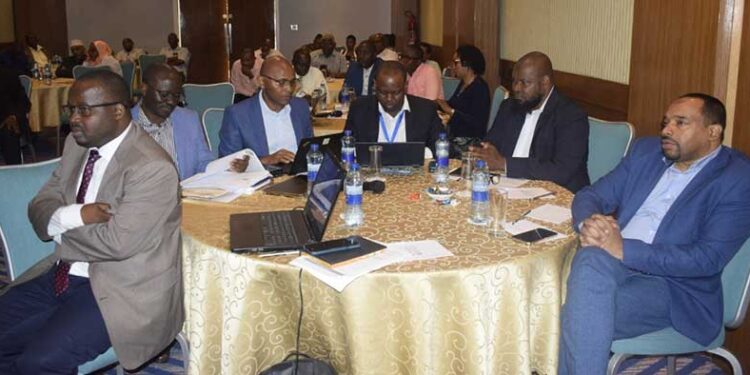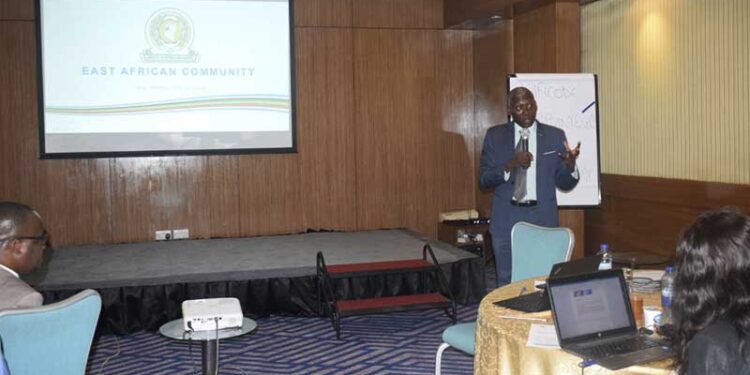The Federation of East African Freight Forwarders Associations (FEAFFA) has started sensitizing Small and Micro Enterprises (SMEs) to increase their uptake of Authorised Economic Operators (AEO), which has remained low since it was conceived in 2006.
This week, a sensitization campaign took place in Dar es Salaam where SMEs in logistics were trained on the overview of the AEO program in the East Africa Community (EAC), the benefits of joining the program, and the requirements of joining the program.
The traders were also trained on the application procedure as well as learning through experience from successful AEO operators.
Similar sensitization workshops were held early this year for the logistics sector SMEs in Kenya. The goal is to enlighten the business community on the AEO program, stimulate demand for the AEO program within the sector, and ultimately contribute to an increase in the number of AEOs among the EAC partner states.
The Customs administrations of EAC Partner States have been implementing the AEO program for over 10 years yet the uptake has remained too low to positively impact trade. So far, only 142 firms have been regionally accredited in the EAC region.

A study done by FEAFFA with the support of the Commonwealth Secretariat found that SMEs need more investments to comply with AEO eligibility requirements, including security and safety. The cost of the required upgrading systems is beyond many without clear benefits confirmed, the report revealed.
“Their operations are small, and so are their customers. They lack economies of scale and have little hope of recovering investment from lower unit costs—the requirement for trading partners to be compliant presents additional hurdles. With the current configuration of the scheme, only large operators can afford what is needed,” the report further noted.
The study recommended a continued awareness campaign, a move confirmed by the EAC Commissioners of Customs.
The 39th meeting of the EAC’s Sectoral Council on Trade, Industry, Finance, and Investment (SCTIFI) held in November last year also emphasized the need for partner states to create more awareness of the scheme and spur demand and facilitate trade in the region. The Sectoral Council meeting also adopted the simplified AEO accreditation criteria to suit MSMEs to enhance their uptake.
The AEO program offers many benefits that most industry players are not aware of. The AEO guarantees supply chain safety and security. The scheme significantly reduces the physical and document-based controls, offers priority treatment customs, and guarantees easy access to customs by businesses among others.
In 2005, the World Customs Organization (WCO) Council adopted the SAFE Framework of Standards to secure and facilitate global trade. This was informed by the need to secure the international supply chain and enhance trade facilitation. The Authorized Economic Operator (AEO) Programme was among the protocols that were borne out of this decision, and, as a result, the East African Community (EAC) revenue administrations, through their respective Commissioners for Customs, conceived the regional AEO program in 2006.
This article was published by the editorial team at FEAFFA. For any enquiries, contact us via Email: freightlogistics@feaffa.com Tel: +254733780240





